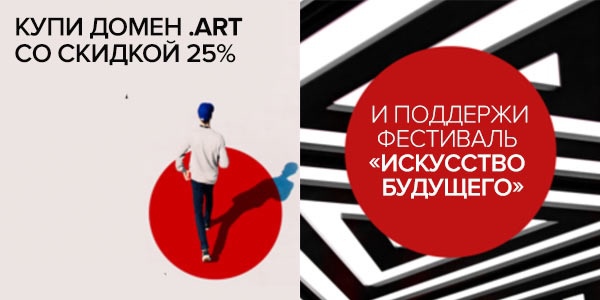Dérive
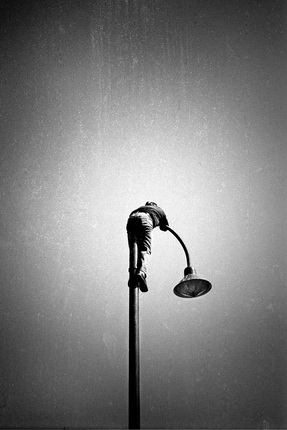
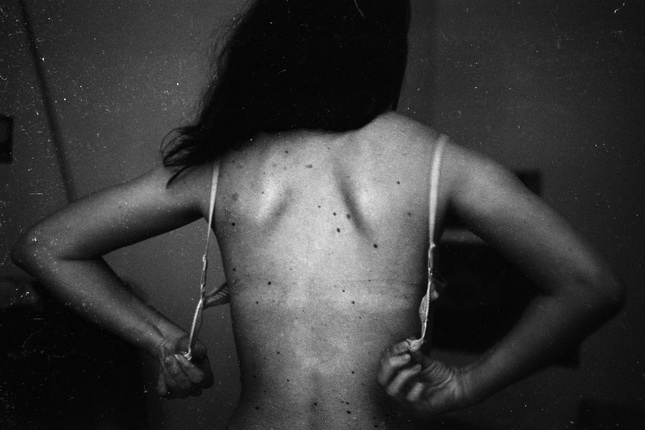
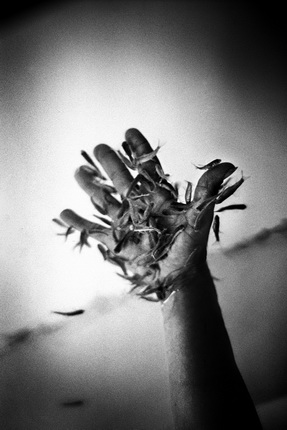
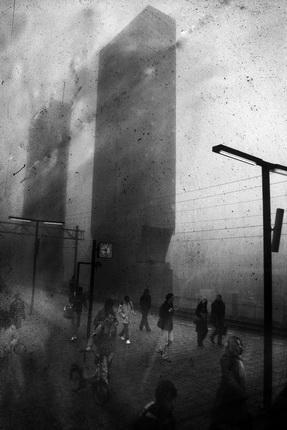
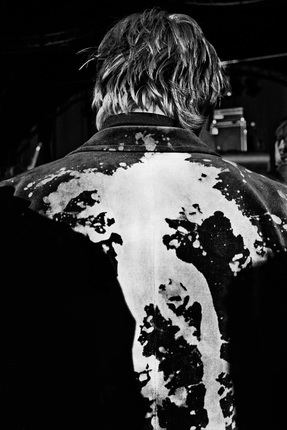
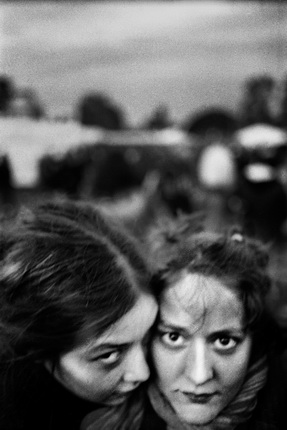
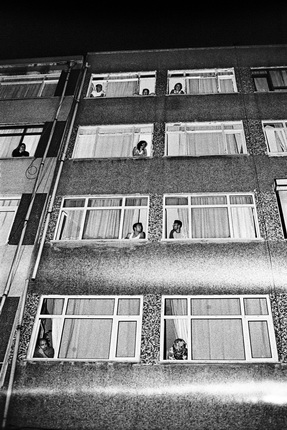
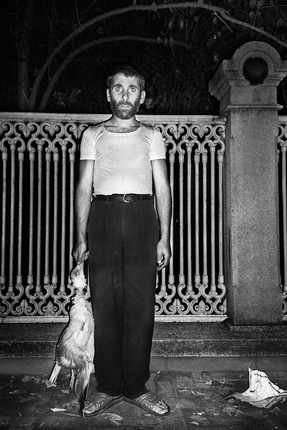
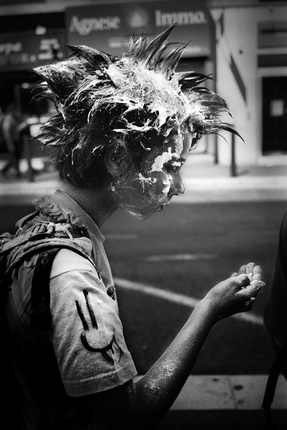
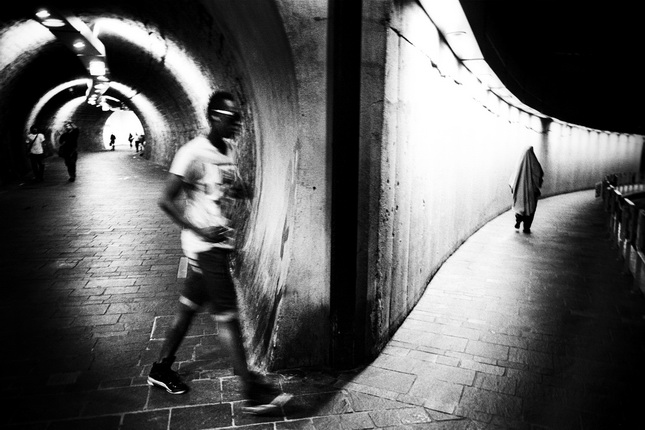
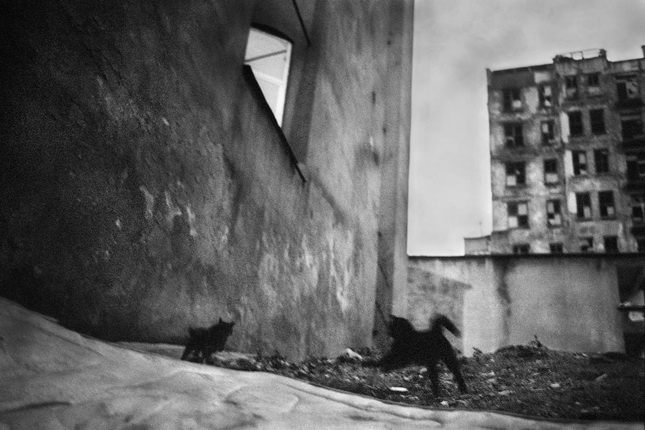
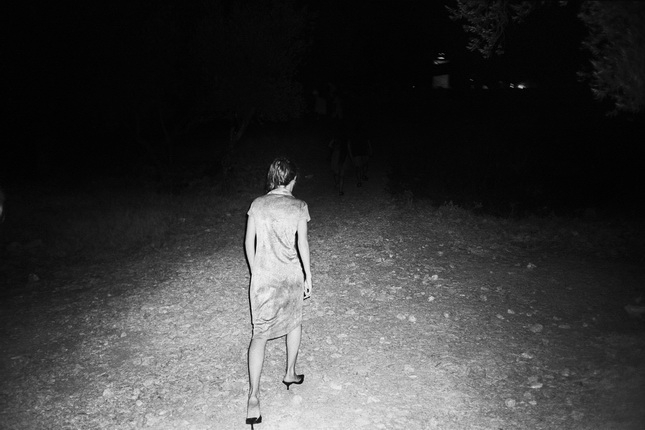
Yusuf Sevinçli. Sans titre #022, Série Good Dog. 2008. Courtesy Galerie Les filles du calvaire, Paris
Yusuf Sevinçli. Sans titre #01, Série Good Dog. 2006. Courtesy Galerie Les filles du calvaire, Paris
Yusuf Sevinçli. Sans titre #03, Série Marseille. 2014. Courtesy Galerie Les filles du calvaire, Paris
Yusuf Sevinçli. Sans titre #06, Série Post I. 2011. Courtesy Galerie Les filles du calvaire, Paris
Yusuf Sevinçli. Sans titre #07, Série Good Dog. 2004. Courtesy Galerie Les filles du calvaire, Paris
Yusuf Sevinçli. Sans titre #08, Série Good Dog. 2004. Courtesy Galerie Les filles du calvaire, Paris
Yusuf Sevinçli. Sans titre #09, Série Good Dog. 2008. Courtesy Galerie Les filles du calvaire, Paris
Yusuf Sevinçli. Sans titre #010, Série Good Dog. 2005. Courtesy Galerie Les filles du calvaire, Paris
Yusuf Sevinçli. Sans titre #011, Série Marseille. 2014. Courtesy Galerie Les filles du calvaire, Paris
Yusuf Sevinçli. Sans titre #012, Série Marseille. 2014. Courtesy Galerie Les filles du calvaire, Paris
Yusuf Sevinçli. Sans titre #013, Série Good Dog. 2007. Courtesy Galerie Les filles du calvaire, Paris
Yusuf Sevinçli. Sans titre #014, Série Good Dog. 2006. Courtesy Galerie Les filles du calvaire, Paris
Moscow, 17.02.2016—17.03.2016
exhibition is over
Central exhibition hall Manege
1, Manege Square (
www.moscowmanege.ru
Share with friends
Curator: Christine Ollier et Charlotte Boudon
For the press
MAMM has already shown works by the young Turkish photographer Yusuf Sevinçli in 2010, as part of the group exhibition ‘Time Within Us. Russia, Greece, Turkey’. For the Photobiennale 2016 we present a solo exhibition by Sevinçli, comprising 5 photo series: ‘Good Dog’, ‘Post I’, ‘Post II’, ‘Marseille’ and ‘Vichy’.
Yusuf Sevinçli’s images bear the striking uniqueness of the ‘survivor’, in the sense that he gleans pictures by chance and welcomes the most unexpected gifts life offers him. His contrasted black and whites, with thick grain and scratched surfaces, have a timeless dimension that refers to the fleeting quality of our everyday life. In a way those photographs that do not render the present anymore, but rather an imaginary world or uncertain age, seem lost in time. Clearly the photographer doesn’t try to depict reality the way it is, but offers a subjective point of view on his own world.
This emerging artist was influenced and liberated when he found himself included in the contemporary photographic trend that focused on the image and took its distance with the photo report or the social documentary, and this discovery had a liberating effect on him. Such principles are shared by many photographers in France and abroad. We find them in the work of Christer Strömholm, Anders Petersen, Antoine d’Agata and other photographers, with their dense, crude or even aggressive (considering their subject, at least) images, their surprising choices of framing, or their deep darkness.
Although his work was developed under Petersen’s auspices, the writing is typically his. In fact, his culture and history supply a quite different universe, unique in its softness and unspeakable sensuality. The image’s relative darkness doesn’t make them morbid or gloomy. On the contrary, they’re open to life. Sevinçli tries to show the vestiges of a very alive culture in a country that goes through changes, showing one of the last typical wooden houses of Istanbul bursting into flames, or birds that fly away from a sloping alley flowed with rain, for example. He also pictures this hallucinatory vision of a repairman that doesn’t look like he’s going to get down from his street light and appears stuck there forever (‘Good Dog’ series). The umpteenth alleys of Beyoglù where Sevinçli wanders day and night have a nostalgic dimension, but the photographic liveliness of his pictures is very contemporaneous.
Sevinçli has travelled widely in Europe. From Napoli to Paris passing by Marseille, he takes photographs sporadically and makes no attempt at objectivity — there are times when it is important to halt the flow of time, at random.
Based on a text by Christine Ollier, 2013
Project presented by
With the support of
General information partner |







